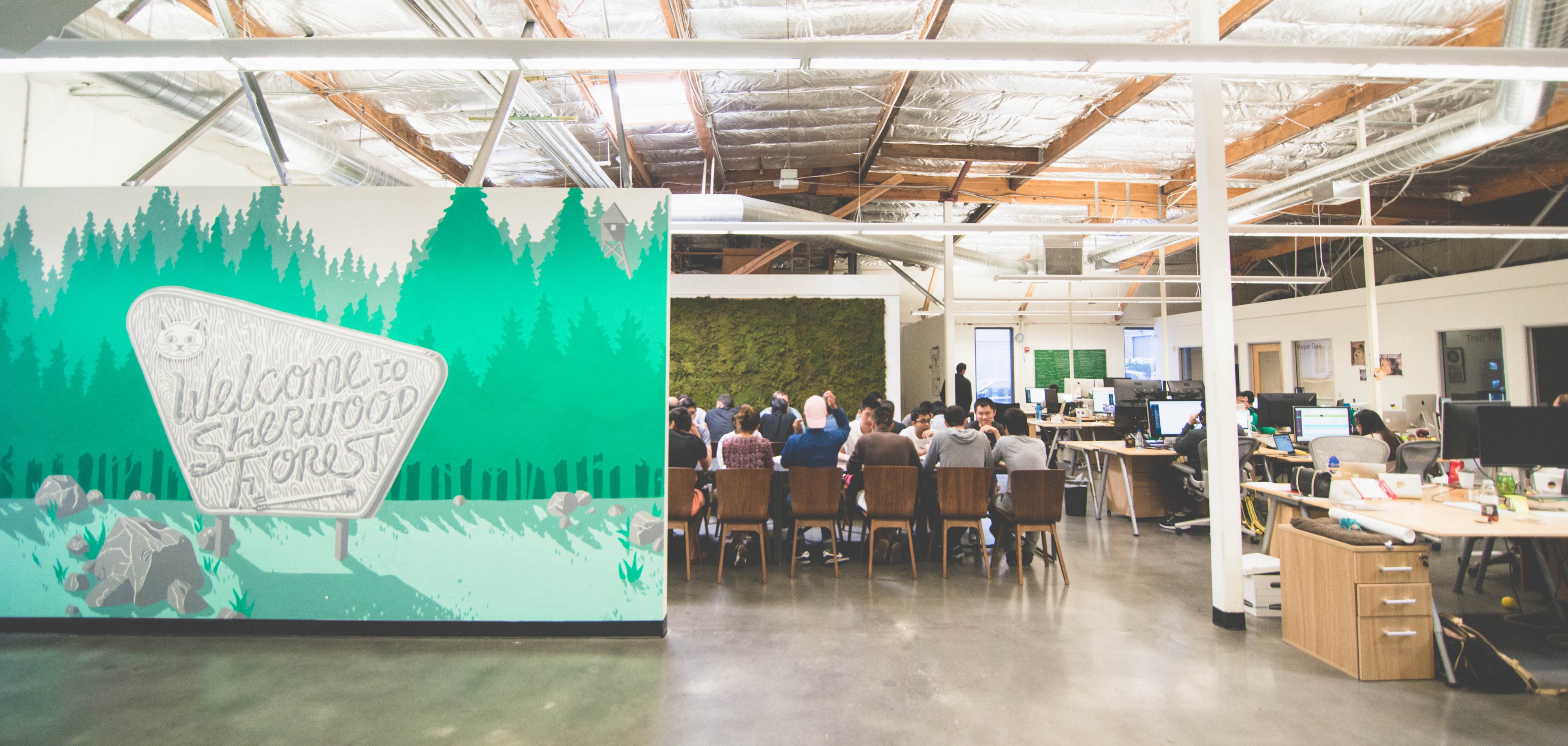A little over a month ago I left Facebook after working there for nearly 10 years. I’m excited to share that I’m joining Robinhood to help lead web engineering. I wanted to share why I’m joining Robinhood, and how my decision may impact GraphQL and the other open source projects I contribute to.
I joined Facebook back in 2008 because I believed in their mission. I had personally experienced how Facebook totally changed the college community and the opportunity to bring that to the whole world was something I just couldn’t pass up. Since then, Facebook’s mission has become even more ambitious: to connect people, build communities, and bring the world closer together. I still believe in that mission and I’m really proud of the work I did over the last decade in service of it.
The last year or so has been particularly tough for Facebook. I’ve learned to grow a thick skin after working at Facebook for a while, and this was certainly not the first time Facebook has been down in the public eye. In the past I found these kinds of problems energizing and I did what I could to help. In the spring of 2010, in response to a similar public outcry, I worked through many sleepless nights with a small team to design and build new privacy tools addressing concerns about understandability and defaults. The experience of building those new tools was one of my most memorable moments at Facebook.
The recent backlash has brought up real issues that deserve focus. And just as they did then in 2010, leaders at Facebook (and especially Mark) have processed this criticism with employees openly and have worked rapidly to put plans in action. I have great respect for and faith in those leaders. This time around, however, with Facebook’s organization around 20 times larger, I felt powerless to help.
I stepped back to realize that 2018’s Facebook had become a very different place to work than 2008’s Facebook. The ambition of the new efforts and the level of quality of the products and tools at Facebook today is incredible. That has made it an amazing place to be a deep expert in so many roles. But I thrive more in broader, multidisciplinary roles where I can be scrappy and build brand new things.
In an all hands meeting shortly after I joined in 2008, Sheryl Sandberg gave a speech about priorities that I’ll never forget. She said “most people come to work every day and look for the low-hanging fruit, but we come to work and step over all the fruit on the floor to look for the juiciest ones.” Recently, that’s felt less true and I realized how much I really missed 2008’s Facebook.
Which brings me to Robinhood.§
After speaking with a bunch of different companies I found myself most interested in Robinhood. They’re driven by a mission I believe in: to democratize access to America’s financial system. Despite having a popular service and established mobile apps, their web app is a newer effort and has only just scratched the surface of its full potential. There is so much of the mission the current product doesn’t reach. I’m excited to get back to a multidisciplinary role where I can help solve new technical, product, and people problems.
I’m also excited to build a bridge between the things I know and a brand new domain. Financial services are new to me beyond a very basic understanding of investing. One of the reasons Robinhood is unique is that it brings a much-needed focus on user experience and high quality consumer products to the financial industry. Like Facebook, Robinhood also relies heavily on open source technology, and has already released some of their own creations. I spent the last half of my time at Facebook helping to build open source software and communities and can’t wait to bring that same commitment to Robinhood as well.
Speaking of open source, I’m sure many reading this have questions about what this means for the Facebook open source projects I’ve maintained, especially GraphQL. In short, I’m thrilled to continue to be involved with most of the same projects and communities; an amazing benefit of having open sourced so much of what I’ve contributed to while at Facebook. Robinhood uses technologies I’ve either had a direct hand in building or have worked closely with at Facebook, including React, Immutable.js, Yarn, Prettier, Flow, and Phabricator.
I’ll remain deeply involved with GraphQL and will still be the primary editor of the GraphQL specification (which is nearing its biggest release yet). I’ll continue to be part of the growing GraphQL community and host working group sessions with other GraphQL community leaders. In fact, I’ll be co-hosting the GraphQL Europe conference next month!
When we open sourced GraphQL in 2015, I had no idea it would grow to what it is today. You can now find GraphQL in use in just about every major language. A huge number of Fortune 500 companies use GraphQL in production. Many popular public APIs are now being offered via GraphQL. Thanks to GraphQL becoming a new focus for venture capital, there are many companies big and small focused on building tools and services to make building with GraphQL even easier. GraphQL is now far bigger than me and my teammates. All of this makes me feel comfortable taking a small step back from the day to day technical work of building GraphQL. I have great confidence in the GraphQL community to continue building amazing tools and libraries.
While I have mixed emotions about wrapping up a decade at Facebook, I’m thrilled to help Robinhood build even more financial products and services so everyone can participate in their own financial system while I continue to focus on open source and the web. If any of this sounds exciting to you too, don’t hesitate to reach out. I’m always looking for great people to help me on this next adventure.
